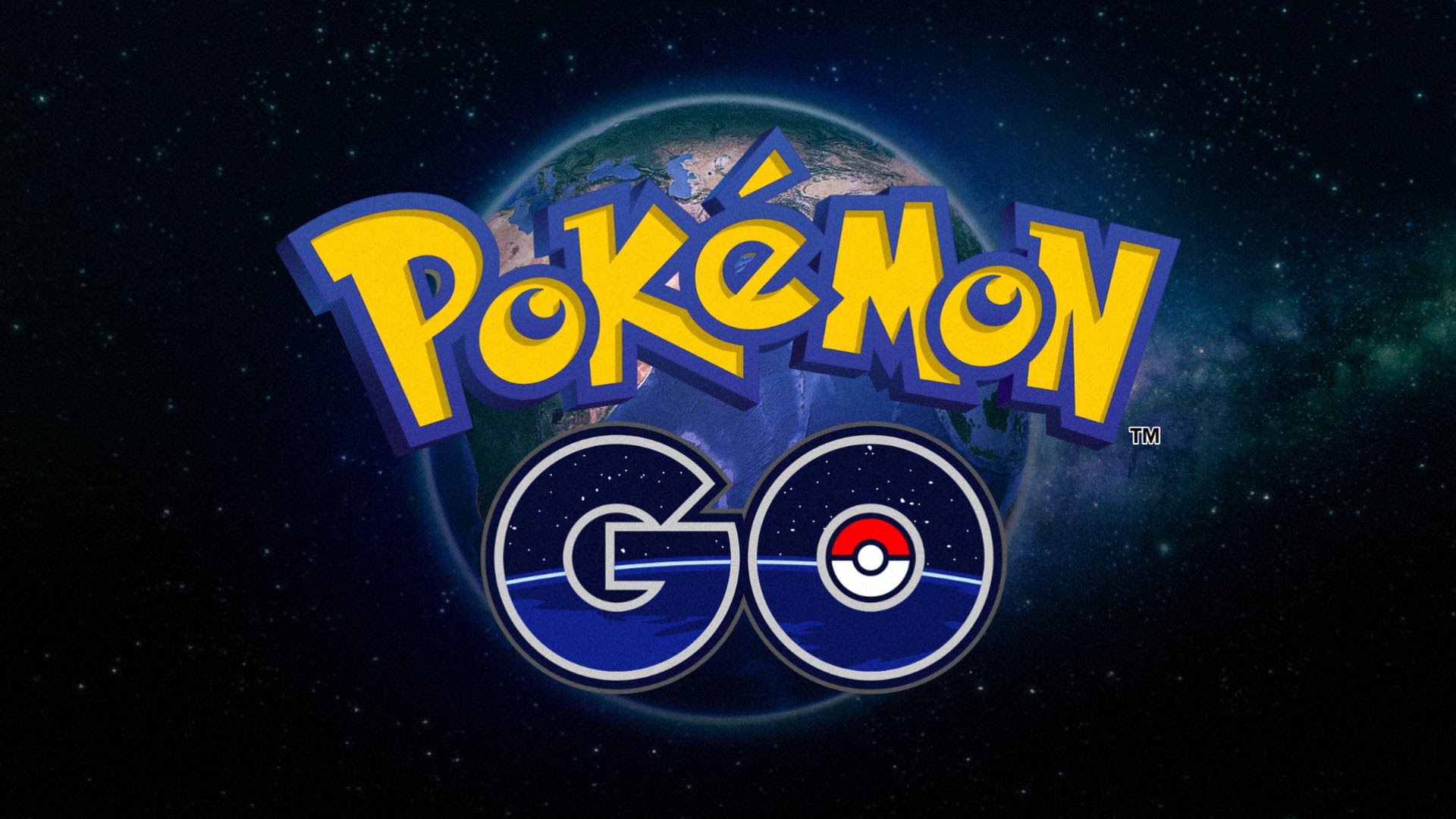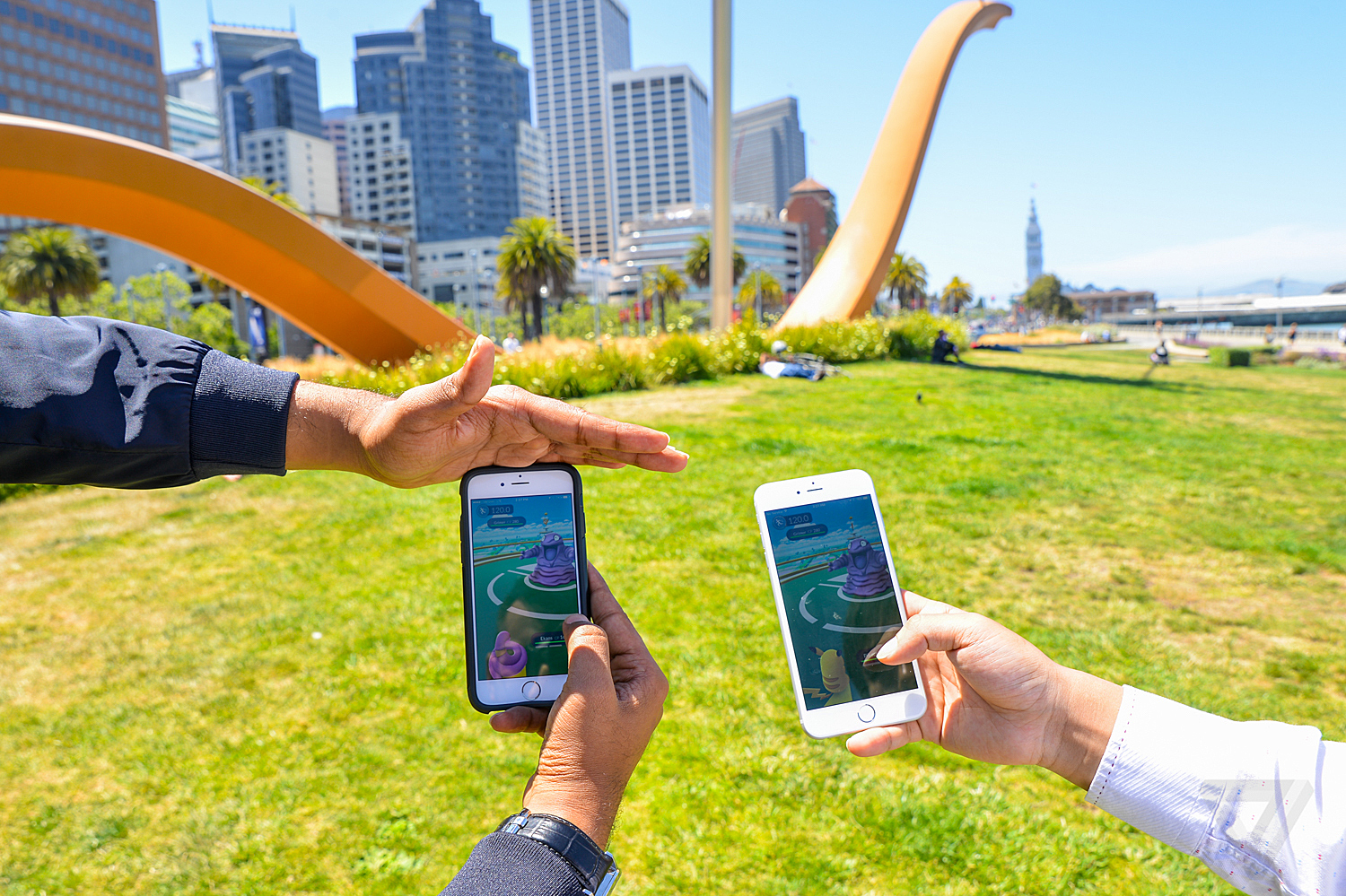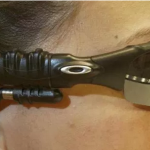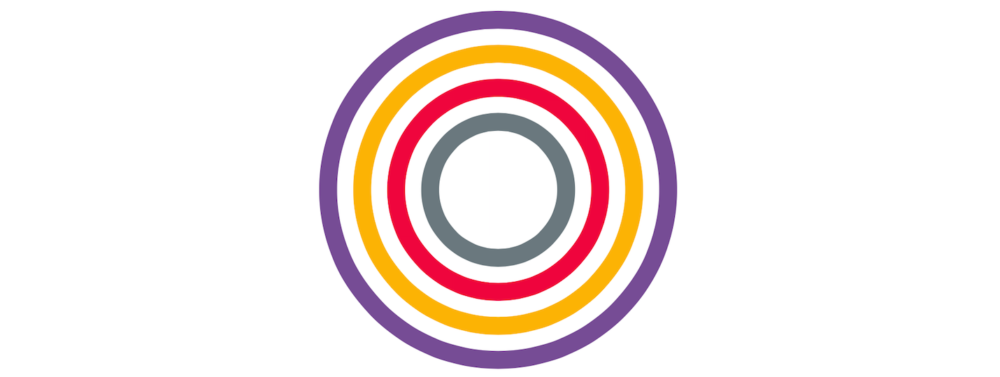
Pokémon insurance anyone?
As tweets and memes throughout the internet make mention of “What year is it? There is a Clinton running for president, Tarzan will soon be showing in cinemas and people are playing Pokémon again” one would be forgiven for thinking we were back in the early 2000s. Which brings the the old adage to mind: the more things change the more they stay the same.
Perhaps the most topical of those three qualifiers is Pokémon, which has (again) taken the world by storm in the form a new mobile game called “Pokémon GO”. It uses augmented reality and GPS technology that allows users to walk around the real world, collecting Pokémon via their smartphones. Simple in concept, but a marvel of technology and publicity. Nintendo (the company which has traditionally been associated to the brand and indirectly owns a percentage of the the copyrights to Pokémon), Niantic (the company that developed the game) and John Hanke (who heads up Niantic) are all seeing record Google searches… and for good reason.
Since the limited release of the game on 6 July 2016, it has soared to the top of download charts around the world, with over 15 million downloads between the Apple and Play stores. It has surpassed the number of daily users of Twitter, Facebook, Tinder and Snapchat. Nintendo has seen its highest day on the stock exchange since 1983 and some estimates state the game has added $7.5 billion to the company’s market value. Not bad for less than two weeks after release. People are quick to jump to figures that point out as a mobile game users spend less time than other entrenched mobile games like Candy Crush, but the success of the app is undeniable. Why?
Well simply put, this is the culmination of almost 20 years of leveraging a brand. The first Pokémon cards were released in 1996 and since then there have been numerous movies, animated series and video games released every few years for the young generation (of the time) to become obsessed with. The initial adopters of the game bought, traded and sold cards to “catch ‘em all”, a popular phrase from the series. As the initial fan base grew older, Pokémon was replaced by more advanced computer games, jobs, families – in short people grew up. But now you have 30-year-old actuaries actively using their lunch breaks to patrol the streets of Sandton looking for an elusive Pokémon. This in essence, proves that you once you have gained a customer’s loyalty it easier to leverage that loyalty years later to new heights.
The appeal of the game is simple. Download it (and you can actually download the game from anywhere in the world, even if it hasn’t been officially released in your country yet) and then begin catching as many creatures as you can. Through the screen of your smartphone the world is suddenly no longer based on the realities of the planet we live on. Now you can catch a fire breathing dragon, which happens to be standing next to the Gautrain station (although most people won’t be able to see it since they don’t have the game in South Africa). The game gets people to want to go outside and walk around their neighbourhoods, explore new areas and increase their impressive collection of Pokémon. Inevitably, as these things always do, there are a number of concerns that are being raised, namely privacy and safety.
There is an ongoing debate about how much data Pokémon GO records of its users, as it essentially provides real-time tracking and pedestrian pathways, conjuring up a database of “always knowing where people are or will be”, even at night since some Pokémon are harder to catch during the day. Does Niantic really need to know that? And if so, to what end?
With regards to safety, most users will go out of their way to capture an elusive rare Pokémon and this sometimes leads them to isolated locations at unusual times of the day. Reports have been filed detailing how criminals have lured users to locations then promptly robbed them of their cellphones and wallets. Authorities have cautioned that users need to be aware of their surroundings at all times. This lends itself to a question that undoubtedly will be answered soon: can you legitimately make money off the game, be it enticing people to your restaurant, providing insurance for (Pokémon) theft or for a more current form of insurance risk, “cyber” linked crimes related to hacking into devices?
It can also be argued that if the game continues to grow in popularity, only waning several years later, people are getting out and being A LOT more active than they used to be. This could affect how life insurance companies do business and impact on their premiums as once inactive people are suddenly getting more exercise than they ever used to.
No doubt aspiring entrepreneurs are already working on ways to capitalise from the Poké-mania that is currently sweeping the world. And who knows where the next lucrative business idea could come from?
Pokémon insurance anyone?








